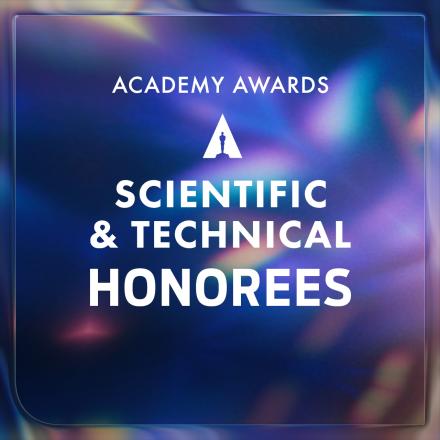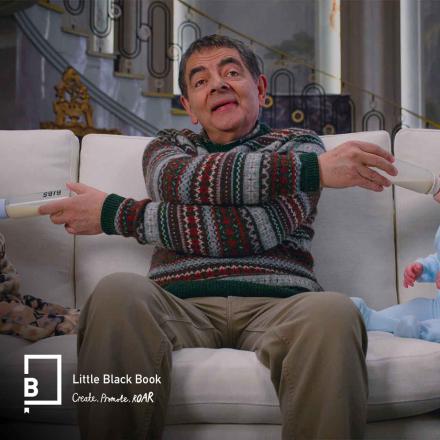OpenQMC Joins the Academy Software Foundation
OpenQMC is now an official project under the Academy Software Foundation (ASWF) — the industry’s leading organization for open-source software in film and media. Developed here at Framestore, OpenQMC improves the fidelity and speed of rendering photoreal, moving images for film, TV, gaming and advertising.
A huge part of visual effects involves rendering complex 3D scenes, characters, and environments to create photorealistic or stylized imagery. This rendering process often relies heavily on techniques like ray tracing which simulates light paths by randomly sampling directions, light sources, and surfaces. Which random samples to choose is critical for render performance and are selected using Monte Carlo techniques.
Lincoln Wallen, Chief Technology Officer at Framestore Company 3 Group gives the background to the challenge:
“While powerful, traditional Monte Carlo methods produce a lot of "noise" or "grain" in the image, particularly with fewer samples. For a clean image, we often need to render for a very long time, which is not only costly and time consuming, but it limits the number of iterations we can feasibly do, hampering creative exploration and decision making.”
Josh Bainbridge, Head of Rendering at Framestore and lead designer of OpenQMC explains:
“OpenQMC gets us better pixels faster; whether that is selecting from thousands of physical lights or sampling advanced volumetric effects. An index of samplers and techniques, OpenQMC gets the most out of the maths that underpin the library to improve the quality of the rendered image for less compute cost.”
Developed alongside Framestore’s in-house renderer Freak, OpenQMC improves the fidelity and realism of the final image, enhancing intricate effects like soft shadows, depth of field, motion blur, and indirect lighting. The results of this powerful combination can be seen in the projects that have passed through Framestore’s global studios in the last three years, including Paddington in Peru, Barbie, Thunderbolts*, The Fantastic Four: First Steps, Superman, How to Train Your Dragon, Civil War and Mickey 17.
Key Features:
- C++ library for Quasi-Monte Carlo sampling
- CPU and GPU architecture support
- Easy API integration into production tools
- Solutions for physically based lighting and volumetric effects
- Tools for statistical testing and analysis
Get Involved
Visit the dedicated project page www.openqmc.org or join the community via the Academy Software Foundation’s #openqmc Slack channel and openqmc-discussion mailing list.


